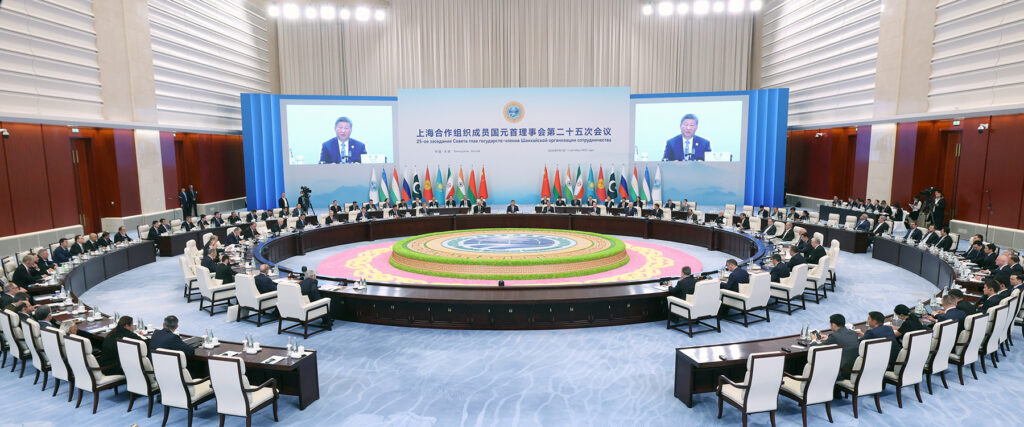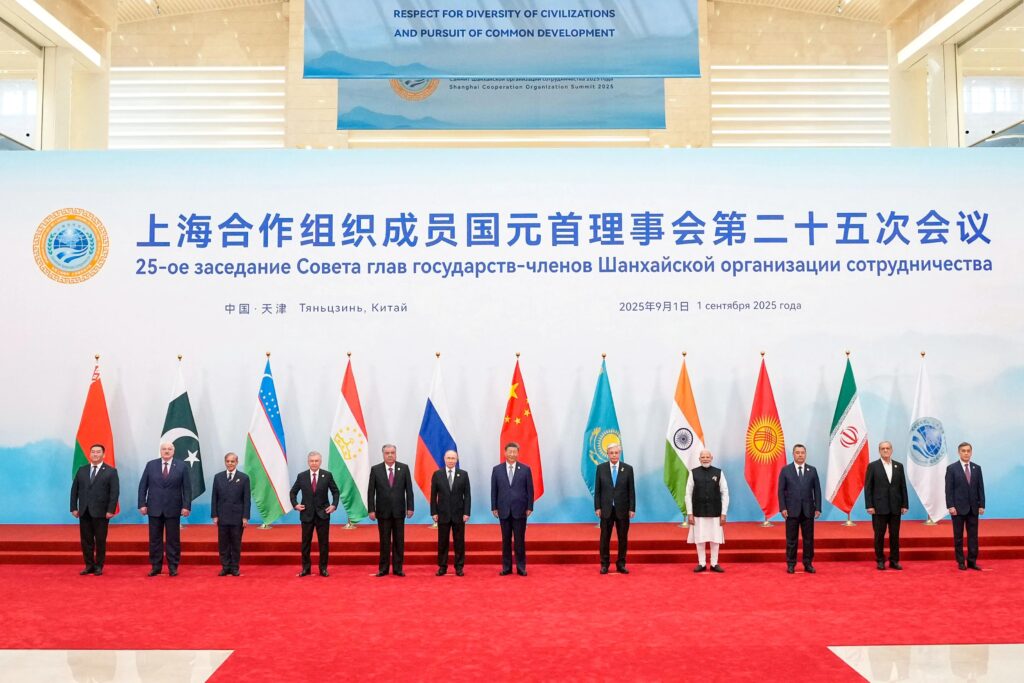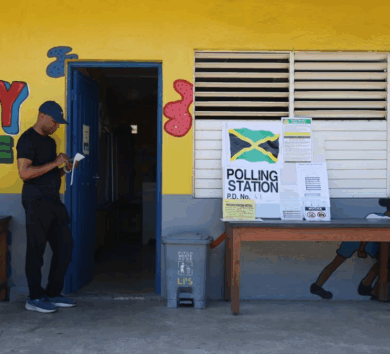

The September 1 address delivered at the Shanghai Cooperation Organization (SCO) meeting highlighted the urgency of strengthening global governance amid turbulence in international relations.
Central to the proposals was the Global Governance Initiative (GGI), which emphasises sovereign equality, adherence to international law, multilateralism, people-centred development, and real, coordinated action.
While the SCO’s membership is largely Eurasian, the implications of this vision are particularly important for small island developing states (SIDS), including Jamaica, that continue to navigate vulnerabilities in the global system.
1. Sovereign equality and representation
For small states such as Jamaica, the principle of sovereign equality is crucial. Too often, the interests of SIDS are sidelined in global negotiations, whether on climate finance, debt restructuring, or trade. The SCO’s call for greater representation and voice of developing countries resonates with the long-standing demand of Caribbean and Pacific islands for meaningful inclusion in international decision-making. If adopted widely, such a framework would strengthen the hand of small economies in multilateral forums, ensuring their priorities are not overshadowed by the dominance of larger powers.
2. Adherence to international law
The emphasis on international law without double standards directly addresses a recurring frustration of developing nations: Selective enforcement. SIDS like Jamaica depend heavily on the credibility of international law, especially in areas such as maritime boundaries, trade disputes, and climate change negotiations.
Upholding a uniform application of rules can prevent small nations from being disadvantaged by powerful states that manipulate norms to their advantage.

3. Multilateralism over unilateralism
The SCO’s rejection of unilateralism has immediate implications for developing countries. Jamaica, as part of CARICOM and the wider Global South, thrives in a system that values multilateral consensus. Issues such as climate financing, pandemic response, and equitable trade systems cannot be resolved through unilateral actions of major powers. Strengthening the United Nations and other multilateral institutions provides the best avenue for SIDS to advance collective bargaining.
4. A people-centred approach
For developing countries, governance models must directly benefit citizens. The SCO’s call to narrow the North-South gap aligns with the needs of Jamaica and its neighbours, where economic inequality, climate vulnerability, and limited access to technology persist. By reforming governance systems to focus on human development—whether through access to education, healthcare, or clean energy—SIDS can better achieve sustainable development.
5. Technology, green energy and innovation

The SCO’s focus on cooperation in renewable energy, artificial intelligence, and scientific exchange presents opportunities for small states. Jamaica, with its heavy reliance on imported fossil fuels, stands to benefit from partnerships that expand photovoltaic and wind capacity.
Similarly, access to digital economy platforms and AI applications can boost education, agriculture, and healthcare delivery in resource-constrained contexts.
6. Security and stability
Although the SCO is rooted in Eurasian security cooperation, its broader principles have implications for Jamaica. SIDS face unique security challenges such as drug trafficking, cyber threats, and climate-induced disasters. Platforms that encourage non-confrontational, cooperative security could help Jamaica build resilience and strengthen regional security frameworks.
7. Defending Global South interests
The SCO’s stand against hegemonism and its support for the Global South underscores a shared struggle of developing nations. For Jamaica, whose foreign policy has historically leaned on principles of non-alignment and South-South cooperation, this vision validates ongoing efforts to promote fairness in global trade, financing, and diplomacy.
While the SCO may appear distant from the Caribbean, its global governance agenda holds important lessons for SIDS and developing countries. By advocating sovereign equality, true multilateralism, people-centred development, and technological inclusion, it articulates a framework that can empower small states to shape their destinies in a system historically tilted against them.

For Jamaica, the challenge lies in leveraging such initiatives—whether through new partnerships, regional blocs like CARICOM, or broader Global South alliances—to secure sustainable growth, climate resilience, and social justice. In this turbulent era of shifting power and persistent inequalities, embracing inclusive global governance is not just a diplomatic necessity, but a survival strategy for SIDS.
Professor Leroy Fearon is the acting dean at the Faculty of Education, Mico University College. He is also an author, researcher, geographer, and Justice of the Peace. Send feedback and comments to [email protected].







Comments